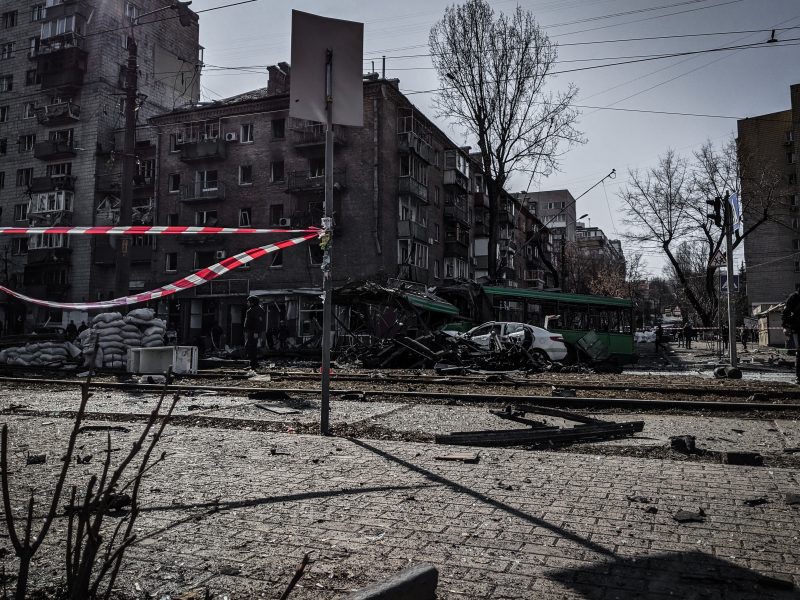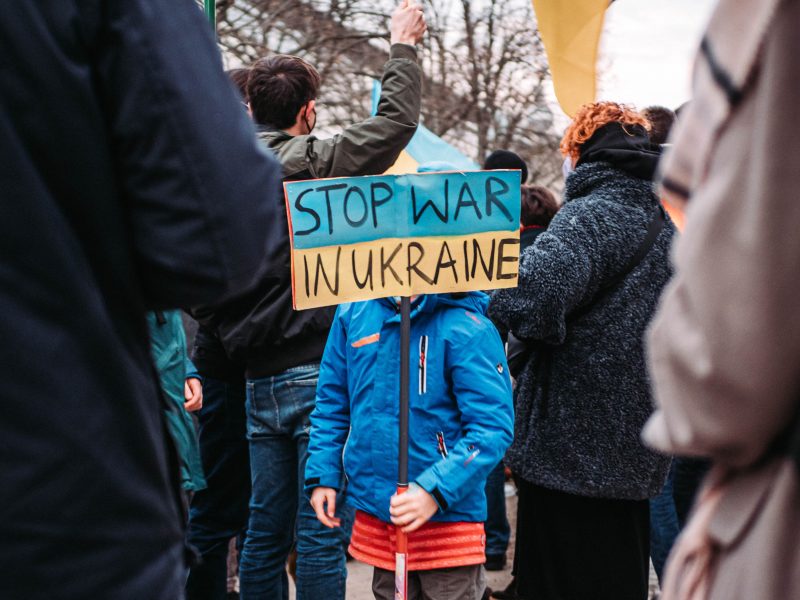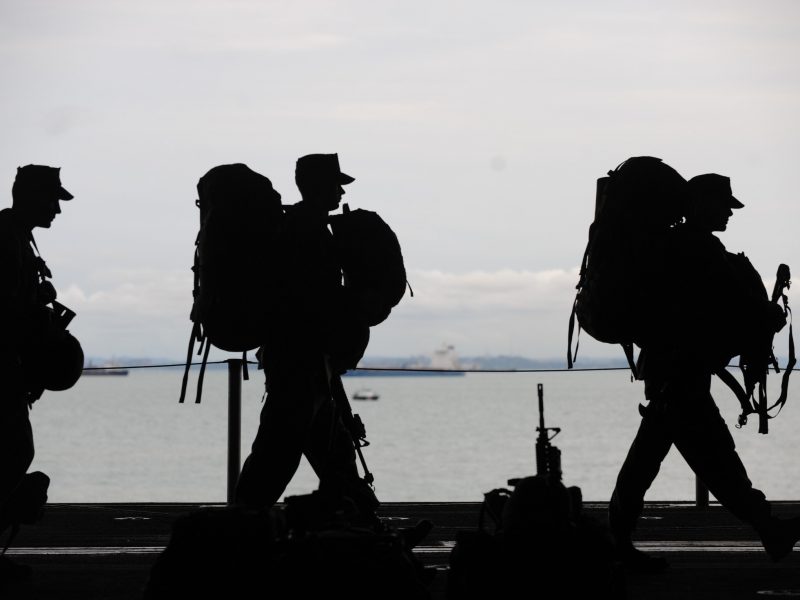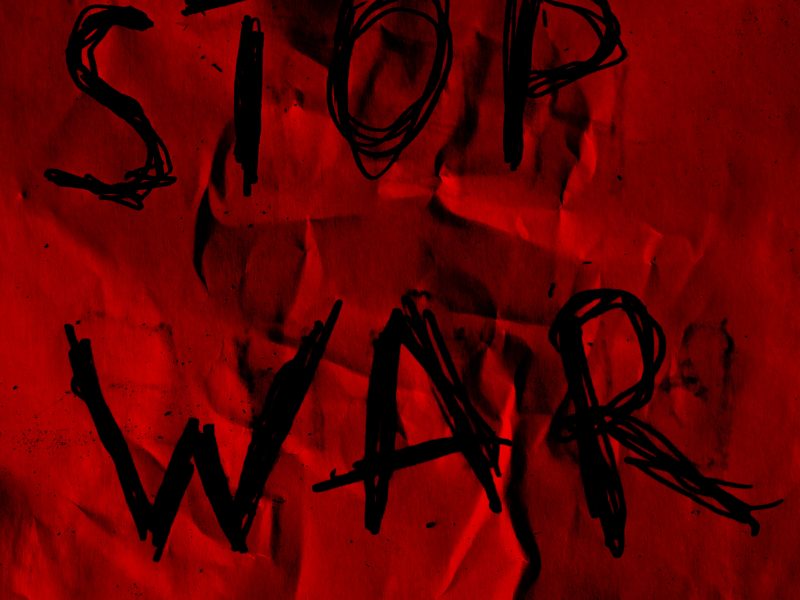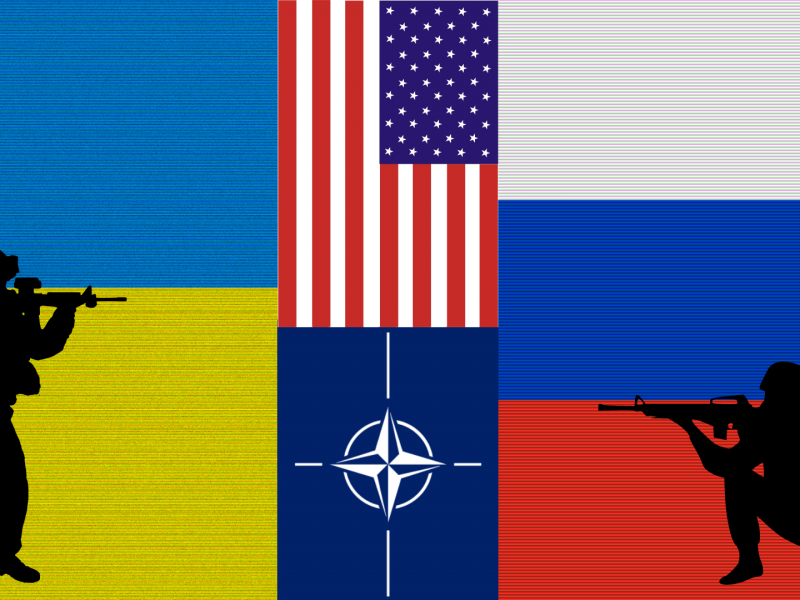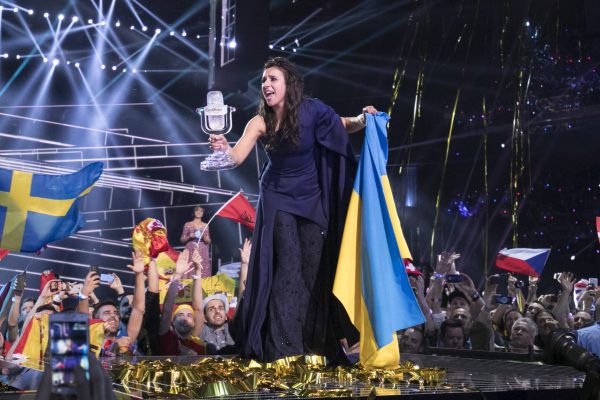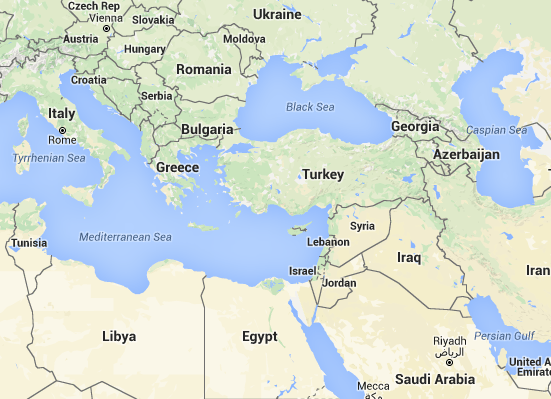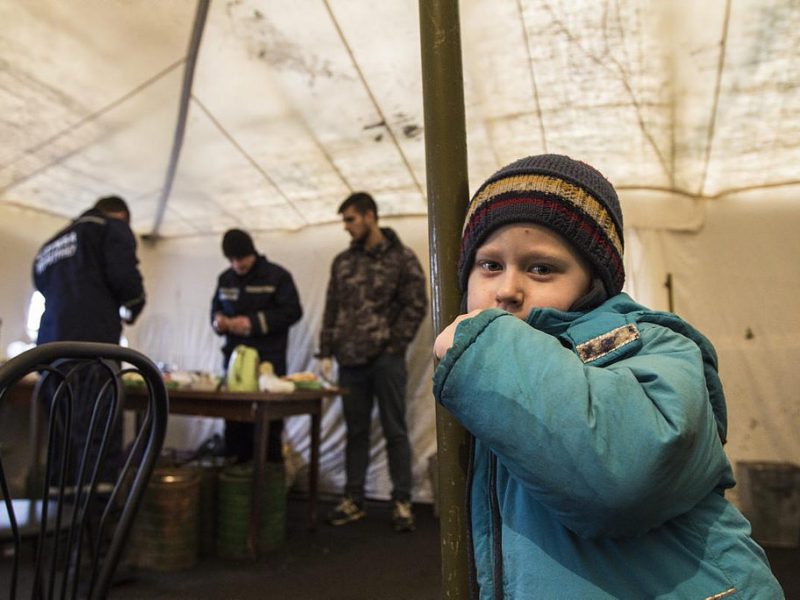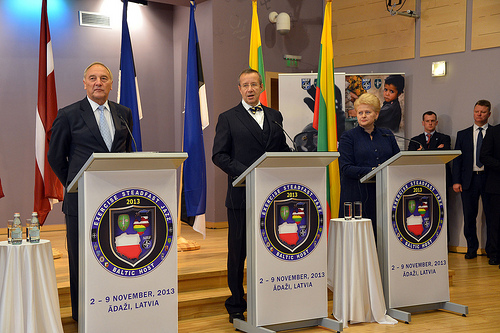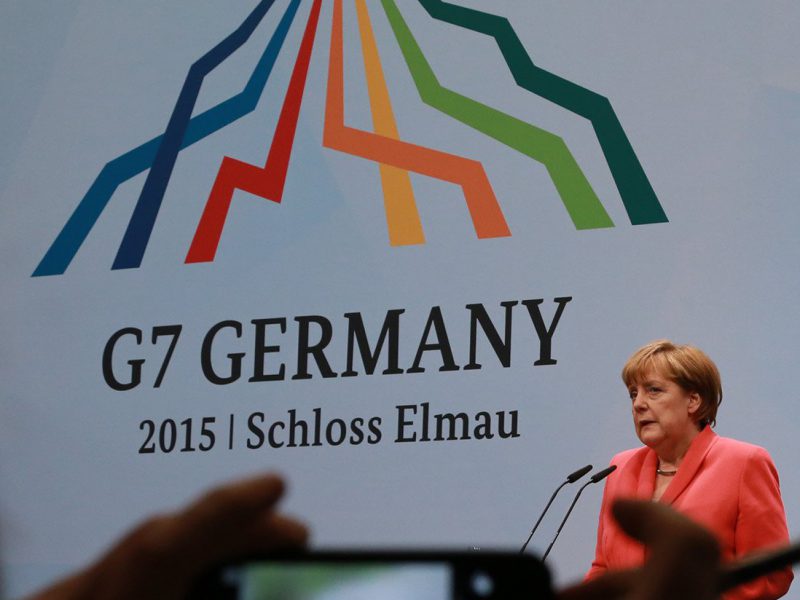Is a new confidence-building architecture possible as a response to the Ukraine crisis?
By Tapio Kanninen and Georgios Kostakos* After the Russian invasion of Ukraine that started on 24 February 2022, the world was horrified at the prospect of a new major war in Europe. Condemnation for the invasion rightly goes to President Vladimir Putin of Russia. An overblown Western reaction, though, may have dangerous consequences for the…

